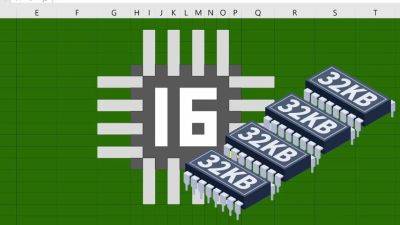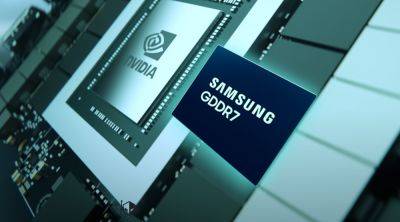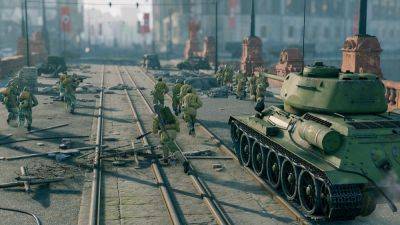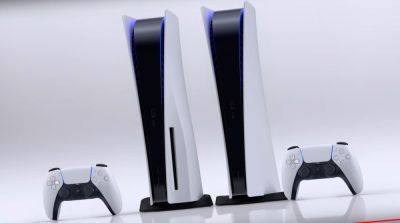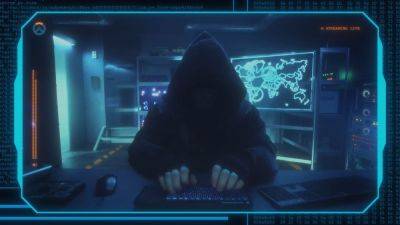Next-generation batteries may be coming faster than you think, thanks to an AI helping hand
Batteries. You could be forgiven for thinking that at some point battery development just sort of stopped, as Lithium-ion has been the preferred type of battery for our devices since its first commercial implementation all the way back in 1991, and work to find a better alternative has often seemed agonisingly slow. That may be about to change, however, as a collaboration between Microsoft and the Pacific Northwest National Laboratory has started to lead to new candidates for battery materials (via The Verge), and it's all thanks to, you guessed it, AI.
Using Microsoft's Azure Quantum Elements platform, researchers at the PNNL were able to query the system to find battery materials that use less lithium, before sorting the results to reveal which of the 32 million(!) different candidates the model identified would be stable enough to practically use.
That data was in turn whittled down to deduce which was best at conducting energy, and how practical each candidate was in terms of availability and cost of implementation.
All of this AI data-sorting resulted in 23 potential candidates and took the system only 80 hours, which when compared to the alternative of how long it would take a team of humans to sort through a similar amount of data is mind-bogglingly small. PNNL was then able to take one of these candidates and produce a working battery with it, with the hope that this new solid-state electrolyte could lead to a battery that is more stable than the lithium ion batteries of today, while using less lithium overall.
Given that lithium is currently in high demand—with that demand predicted to rise exponentially—and that lithium mining is far from the most eco-friendly of processes, this could prove to be a first step


